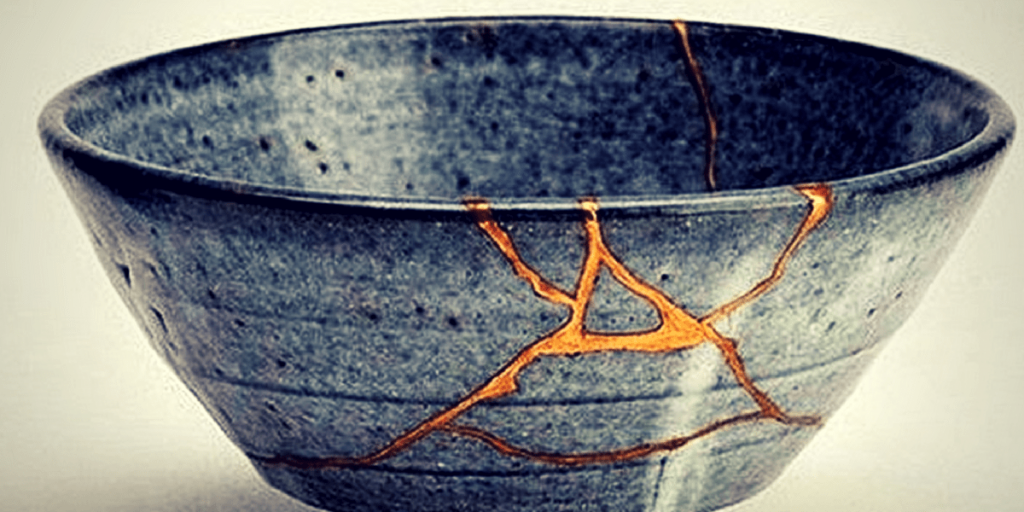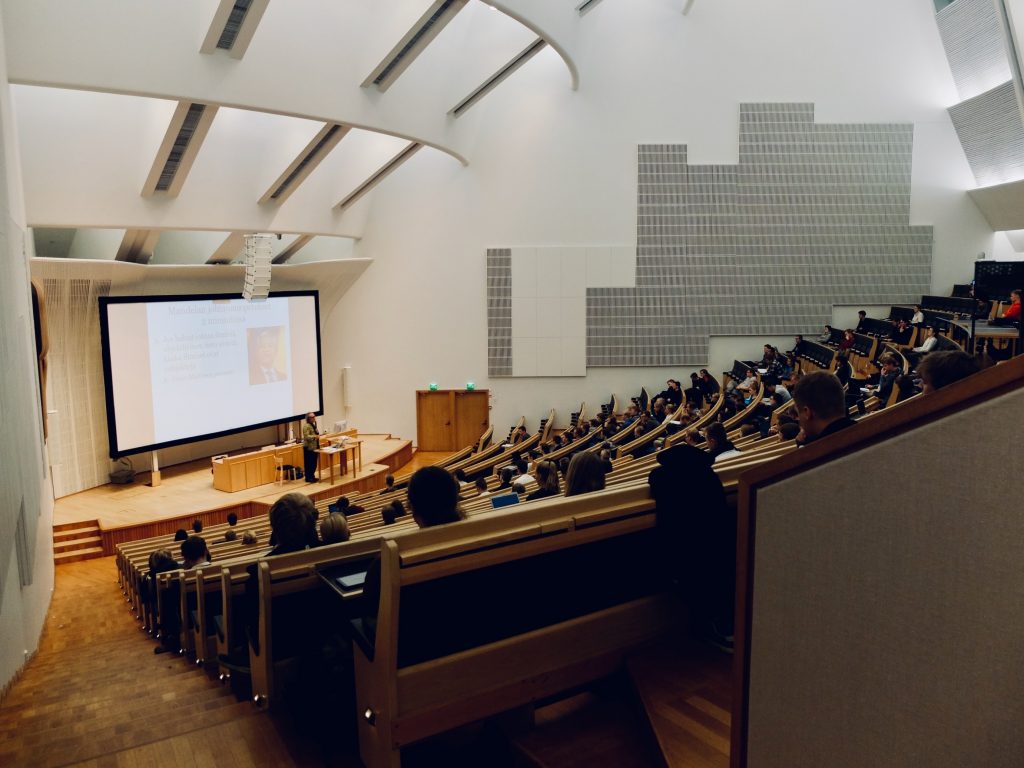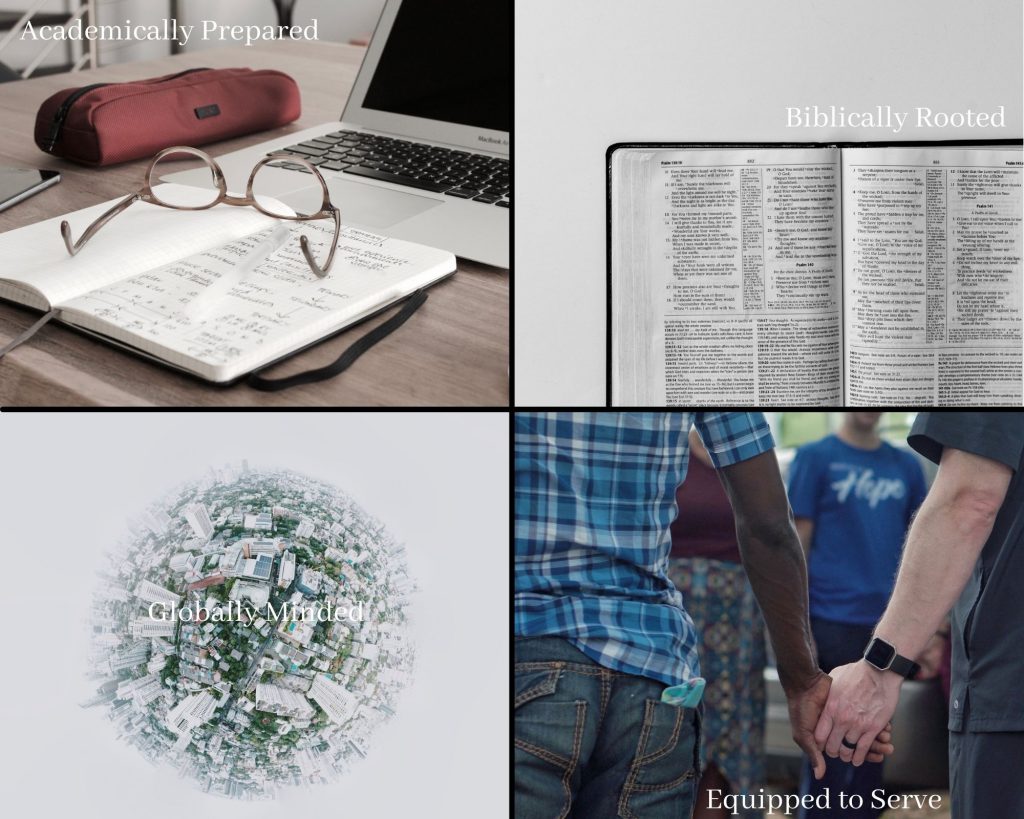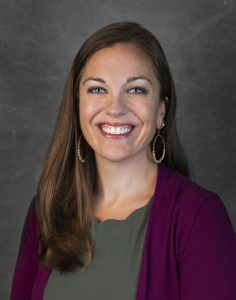Growth of the Internet makes it easy for surfers to access hundreds of thousands of pornography web sites, which are now the main source of pornographic materials in the world. As pornography found in the Internet is almost impossible to avoid, problems with pornography among people are rapidly growing and becoming increasingly severe. As a result, the number of people who struggle with sexual addiction is increasing and seek counseling in individual, group, and couple therapy settings. In order to assist a sex addict in his or her recovery, a comprehensive understanding of sexual addiction is essential to a Christian counselor. Sexual addiction can be understood through the following perspectives: biblical, neurological, and psychological. One single perspective does not fully identify complicated issues of sexual addiction. The root of sexual addiction has multiple aspects. Thus, a holistic approach to sexual addiction is necessary for a Christian counselor to help the sex addict recover. First, this blog explores the neurological perspective of sexual addition.

Sexual addiction from a behavioral psychology viewpoint focuses on objectively observable behavior, learning, and habit information. If a sexual behavior or fantasy provides people with pleasure or relief from pain; then, the body learns how the attachments occur. This behavior then tends to occur more frequently and repeated behaviors become a habit. Repeated experiences of association between sexual behaviors and attachments form a type of learning known as conditioning. The process of learning is so deep and automatic at the physical level, that the conditioning is highly difficult to break and extremely powerful.
Neurological science also has a similar mechanism to behavioral psychology. The nervous system is an essential part of the human body. Sexual addiction is maintained by mood-altering chemicals which stimulate the body. Sexual addicts become neurochemically tolerant to the chemicals that sex produces, such as adrenaline, serotonin, and dopamine. For sex addicts, sexual behavior or fantasies becomes the primary way sexual addicts condition their brains to meet their neurological needs. Sexual behavior or sexual fantasy creates an altered state. The brain of sexual addicts craves more and desire to achieve this same state because it becomes less sensitive to pleasure that the addiction creates in the brain. A repeated altered state leads to neurological conditioning. Tolerance develops after becoming desensitized to the chemicals that sexual addiction creates in the brain. If sexual addicts’ brains do not generate enough neurochemicals to achieve the same effect, then the sexual addict will pursue neurological balance through sexual activities or fantasies.
It is very important for a Christian counselor to consider the neurological condition of sexual addicts in order to help them recover because the brain is the largest sexual organ humans have. If a counselor only evaluates sexual addiction from a psychological or spiritual perspective without considering the neurological perspective, treatment for the sex addict will not be effective. For sexual addict’s recovery, new pathways in the brain must be created because the sexual addict has neurologically conditioned the brain with sexual stimuli. The sexual addict must learn how to stop sexual fantasies and have relational sex. The sexual addict’s sexually and neurologically conditioned brain must be changed and reconditioned by a new healthy life pattern.

Another aspect of the neurological understanding of sexual addiction is that the brain never completely forgets its past learning and conditioning. Even after breaking a sexually addicted habit or reconditioning, the potential for relapse always exists in the sex addict. The new neurological conditioned systems can never obliterate the old systems that have been formed in the brain. As times goes on, addictive behaviors will not be as intense. However, the brain is quick to be reminded of old patterning and conditioning through slight stimulus and momentum because the brain does not forget old patterns. Thus, the recovery of sexual addiction is not a one-time healing but an ongoing process.
Why is the neurological perspective of sexual addiction is important?
Sin pollutes not only the individual’s spirit but also his body. It is easy for a Christian to downplay the value of the body. Yet, the effect given to the body also must be considered very important in order to understand sexual addiction because humans consist of both body and spirit or soul. The Bible does not see body and soul as separate from one another. Humans are unified beings. A spiritual nature is not completely independent from the body. In the Old Testament, the most frequent word is basar (“flesh”), which refers to the body as a whole. A human being’s bodily nature indicates not only one’s mortality with physical needs, but it also provides the plane of attack for sin. In the New Testament, the body is not only mortal, but it also serves as the place of proper worship and the temple of the Holy Spirit. A Romans 12:1 says, “I urge you therefore, brethren, by the mercies of God, to present your bodies a living and holy sacrifice, acceptable to God, [which is] your spiritual service of worship.” A divine soul is not liberated from the body but offers the body in service to God. The Apostle Paul also argues that the inner life is as important as the outer life, and both are related to each other. Thus, sexual addiction rules the body as well as the heart.
Did you enjoy this blog? We think you’ll like the other blogs in this series, too! Be sure you check out what Dr. Lee has to say about the psychological and spiritual perspectives on sexual addiction in his other posts.

Reference
Erickson, M. J. (2013). Christian theology (3rd ed.). Grand Rapids, Mich.: Baker Book House.
Struthers, W. M. (2009). Wired for Intimacy: How Pornography Hijacks the Male Brain. Downers Grove, IL: InterVarsity Press.
























 Here in this blog you will see snapshots of some of the research conducted through the CSHB. You will also hear stories of researchers bringing their identities as scientists and Christians together in the research process. You will read about innovative research happening across the globe and have an opportunity to engage in conversations about the implications. You may even find that you want to author a blog post to share about your own research, research you have read about, or your personal journey as a researcher. (Look for a future blog post for details on how to become a CSHB blog contributor!)
Here in this blog you will see snapshots of some of the research conducted through the CSHB. You will also hear stories of researchers bringing their identities as scientists and Christians together in the research process. You will read about innovative research happening across the globe and have an opportunity to engage in conversations about the implications. You may even find that you want to author a blog post to share about your own research, research you have read about, or your personal journey as a researcher. (Look for a future blog post for details on how to become a CSHB blog contributor!) Erin I. Smith, Ph.D.
Erin I. Smith, Ph.D.